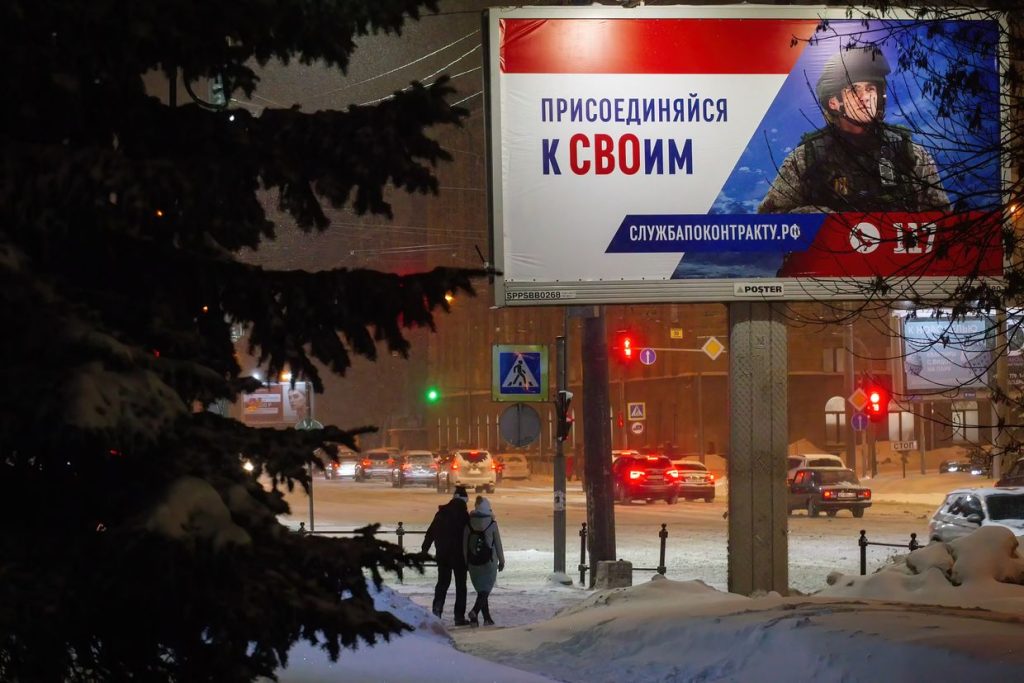Russia is ramping up its military expansion with the creation of its new 44th Army Corps, as announced by Defense Minister Sergei Shoigu. The Corps will be based in the Leningrad Military District, and recruitment posters have already appeared in the city of Luga. The move is part of Russia’s efforts to strengthen its armed forces in response to emerging threats to its security. However, the ongoing conflict in Ukraine may hinder Russia’s plans to deploy the new Corps, as most of its forces are currently dedicated to operations in Ukraine. The UK Defense Ministry suggested that Russia may have to choose between keeping the new units in their garrisons or transferring them to maintain power in Ukraine.
The casualties in Ukraine have been significant, with the General Staff of Ukraine’s Armed Forces reporting over 430,000 Russian casualties and U.S. Defense Secretary Lloyd Austin estimating 315,000 killed and wounded. These high casualties led Russia to launch a partial mobilization in late 2022 and set a goal to increase its military personnel to 1.5 million. With the conflict in Ukraine entering its third year, Russia’s military expansion efforts are likely to intensify. Observers anticipate that Moscow will prioritize its mobilization efforts following the controversial presidential election that secured another six years in power for Russian President Vladimir Putin.
As the situation in Ukraine continues to escalate, concerns are growing about the potential for further conflict in Europe. The strained relations between European countries, particularly between France and Germany, play into Russian President Putin’s hands, as it creates division and weakens the European response to Russian aggression. The recent meeting between German Chancellor Olaf Scholz, French President Emmanuel Macron, and Polish Prime Minister Donald Tusk in Berlin highlighted the challenges in aligning European powers on their approach towards Russia and Ukraine. This divergence in views may benefit Russia by undermining unified European action against its military activities in the region.
The decision by Russia to establish the 44th Army Corps reflects its strategic focus on strengthening its military presence in the north-western part of the country. The Corps will be part of the newly established Leningrad Military District and is a response to perceived security threats facing Russia. While the exact role of the Corps is yet to be determined, its creation signifies Russia’s commitment to expanding its armed forces to meet evolving challenges. However, with the ongoing conflict in Ukraine demanding significant military resources, Russia may face challenges in balancing its force expansion ambitions with the need to maintain operations in Ukraine.
The dynamics of the conflict in Ukraine have led to a heightened state of alert among regional and global powers. The implications of Russia’s military activities in the region extend beyond the immediate security concerns, affecting diplomatic relations and strategic alliances. The casualties on both sides of the conflict underscore the human toll of the ongoing war and the need for a diplomatic resolution to prevent further escalation. As Russia continues to bolster its military capabilities, the international community must remain vigilant and work towards de-escalation efforts to ensure stability in the region. Efforts to support independent journalism in Ukraine play a crucial role in providing accurate information and raising awareness about the situation on the ground.


